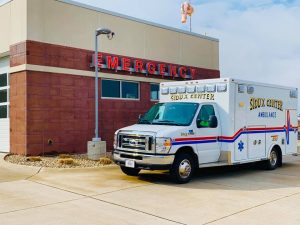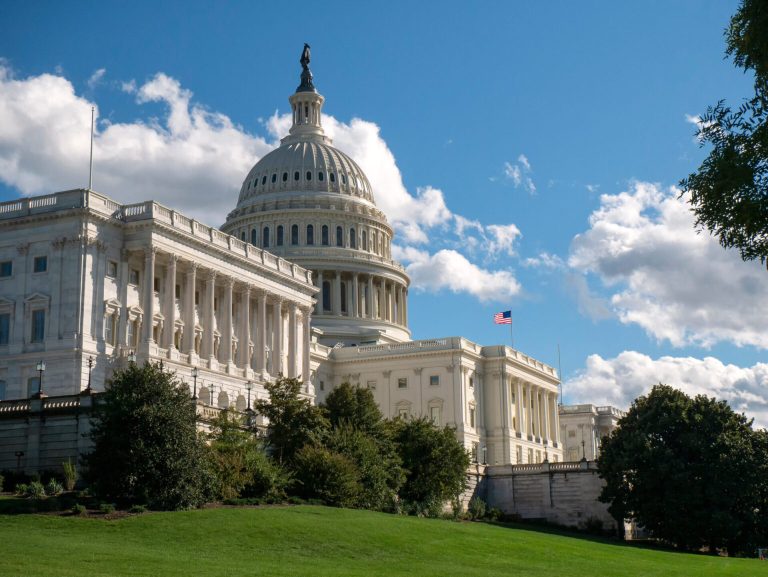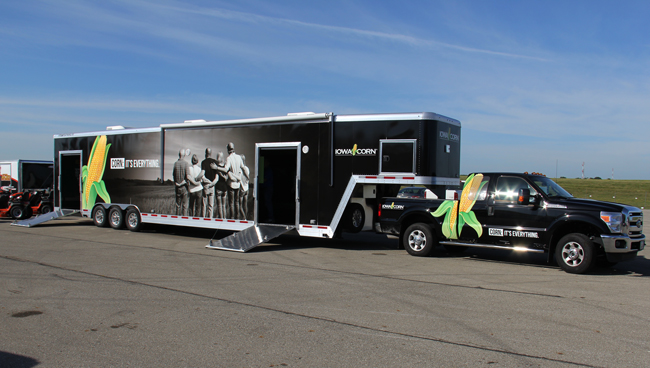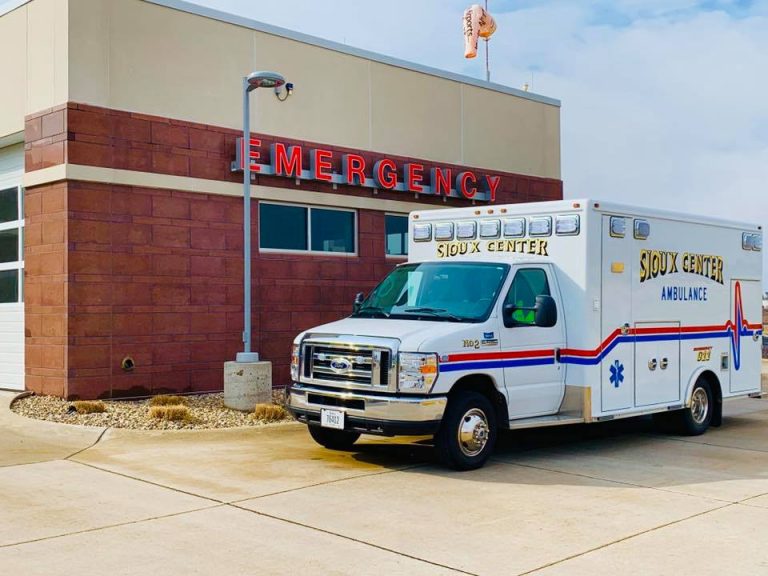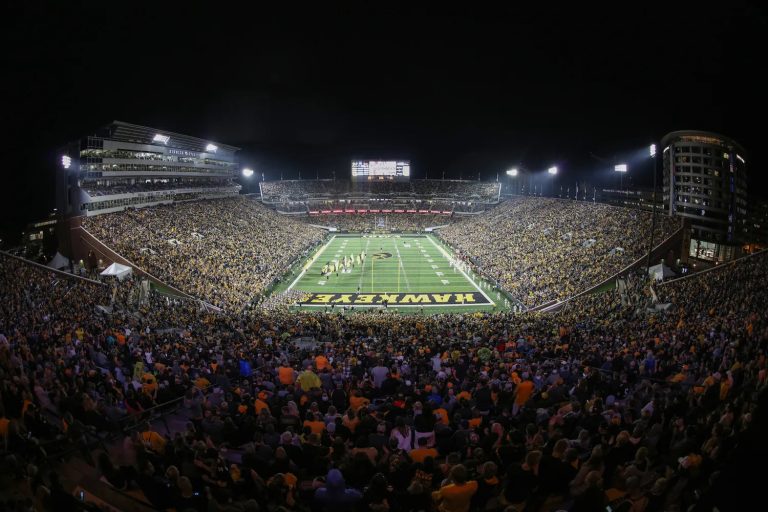IARN — The American Farm Bureau Federation says the COVID-19 pandemic has exposed the digital divide between rural and urban communities.
Farm Bureau President Zippy Duvall recently said it’s clear that rural communities need help with infrastructure and labor. Duvall told House Ag lawmakers that while rural America is suffering from poverty and food insecurity, a lack of labor and the digital divide in broadband infrastructure are also negatively impacting these areas.
“Our rural communities continue to struggle, for a number of reasons, whether it be healthcare, whether it be education, whether it be lack of broadband—whatever it might be that brings jobs there,” Duvall said.
The good news on this front is that the latest COVID-19 relief bill in Congress included more than $7.5 billion in broadband aid for schools and libraries. Duvall praised that part of the package.
“And that’s what’s important. We need to rebuild our rural communities, make sure that they have the broadband, help us create some jobs there for our people.”
In a June report, Farm Bureau cited statistics that showed 65 percent of rural Americans have access to high-speed internet compared to 97 percent of urban Americans. Duvall responded to that stat by saying, “It’s ridiculous that a farmer’s child has to go to McDonald’s to be able to get online and keep up with his education.”
Under the new COVID relief bill, the FCC has 60 days to set up an Emergency Connectivity Fund of $7.6 billion for computers and broadband service for students and library patrons.
Additionally, the U.S. House this week was expected to debate the Farm Workforce Modernization Act of 2021 to help meet a shortage of migrant farm labor. Reports say the legislation faces its biggest challenge in the 50-50 Senate where 60 votes are needed to pass most major legislation.
Story courtesy of the Iowa Agribusiness Radio Network

